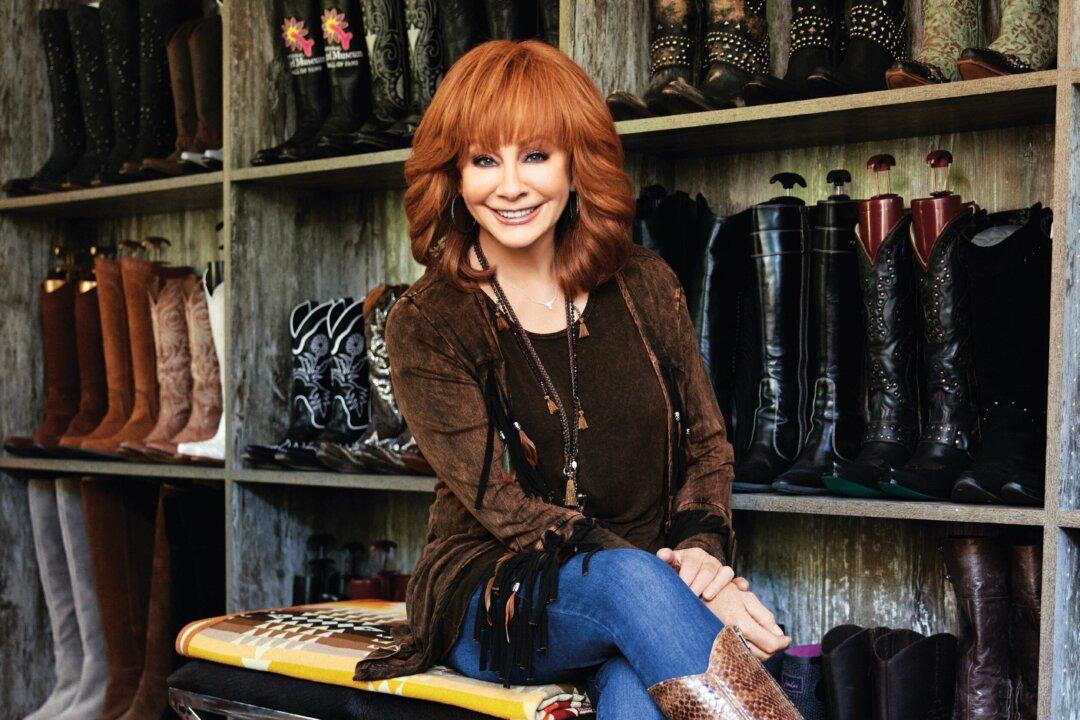Some would say the McEntires are a very set-in-their-ways, stubborn, hardheaded bunch of people. But I think that hardheadedness is what got Daddy to where he was, Grandpap to where he was, and his father, Pap, to where he was. Some might say it wasn’t all that far—but it was much further than where they started!
None of us McEntires came from money, but each generation’s been a little more prosperous than the one before it. My daddy, Clark, was determined to make a better life for himself than the one he’d been handed. Like Grandpap before him, Daddy had the rodeo bug. He knew that rodeo couldn’t pay all the bills, but it sure helped get him started.



